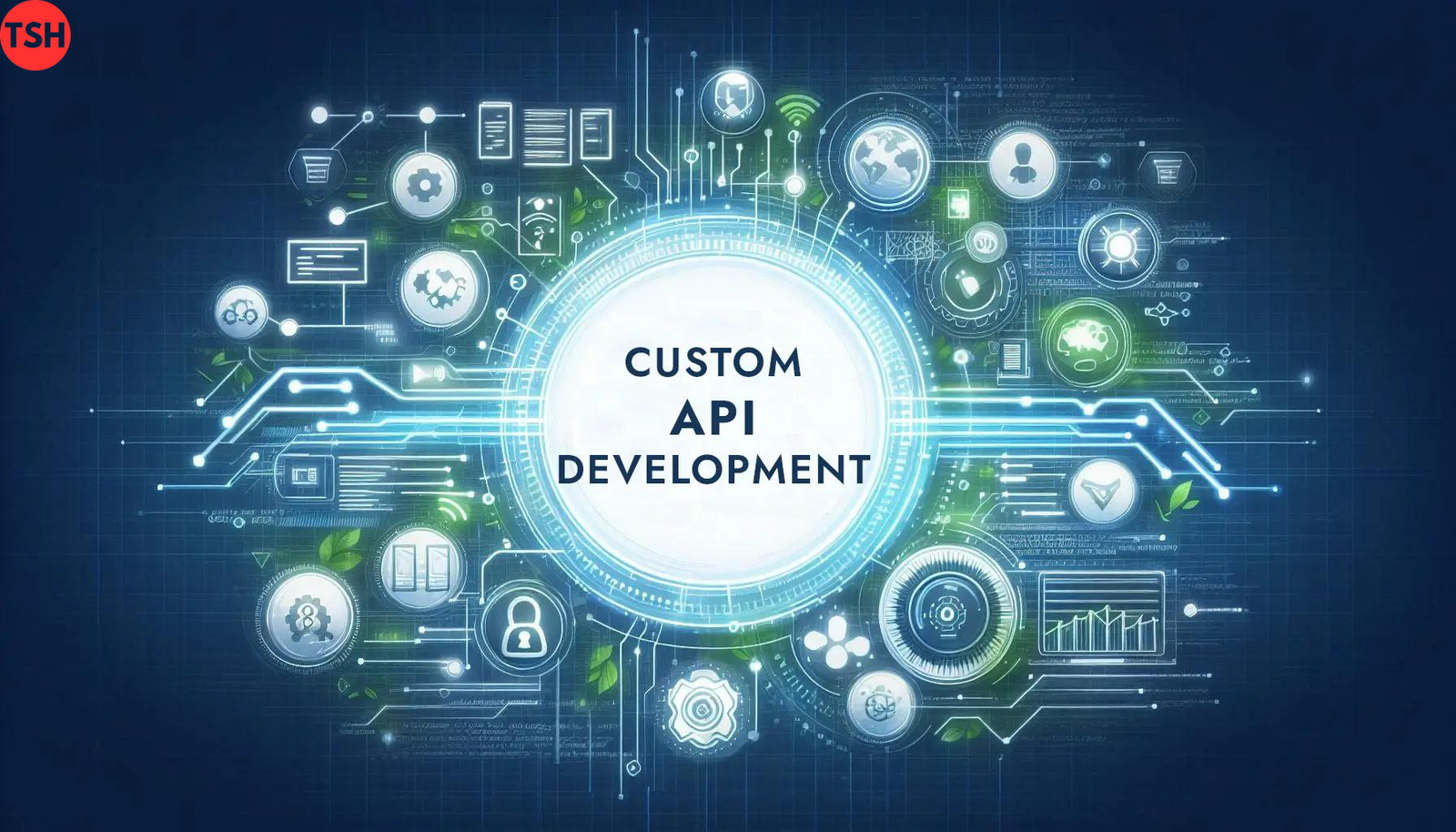Introduction
In the realm of digital transformation, businesses are constantly seeking ways to leverage technology for competitive advantage. Custom API Development emerges as a pivotal strategy in this pursuit, offering tailored solutions to meet specific business needs.
What is Custom API Development?
Custom API Development involves creating application programming interfaces (APIs) that are specifically designed to suit the unique requirements of a business. Unlike off-the-shelf APIs, custom APIs are crafted with precision to integrate seamlessly with existing systems and cater to specific functionalities.
Why Custom API Development is Crucial for Businesses
Custom API Development plays a crucial role in enhancing operational efficiency, fostering innovation, and enabling scalability. By customizing APIs, businesses can streamline processes, automate workflows, and deliver personalized experiences to their customers.
Benefits of Custom API Development
Custom APIs offer several advantages over generic solutions, including:
- Tailored Functionality: Address specific business needs effectively.
- Enhanced Integration: Seamlessly integrate with diverse systems and applications.
- Scalability: Grow and adapt as business requirements evolve.
- Improved Performance: Optimize speed and reliability of data transactions.
- Cost Efficiency: Minimize unnecessary features and maximize ROI.
Key Features to Consider in Custom API Development
When embarking on custom API development, businesses should prioritize features such as:
- Security Protocols: Implement robust security measures to protect data.
- Flexibility: Allow for future modifications and expansions.
- Documentation: Ensure comprehensive documentation for ease of use.
- Compatibility: Support multiple platforms and technologies.
Choosing the Right API Development Framework
Selecting the appropriate API development framework is crucial for the success of custom API projects. Frameworks like RESTful APIs, GraphQL, and SOAP offer distinct advantages based on project requirements and scalability needs.
Read More Articles.
Steps to Implement Custom API Development
Implementing custom APIs involves several key steps:
- Requirement Analysis: Define business objectives and API functionality.
- Design Phase: Create a blueprint outlining API endpoints and data structures.
- Development: Build and test the API according to specifications.
- Deployment: Roll out the API in a controlled environment.
- Monitoring and Maintenance: Continuously monitor performance and address any issues.
Case Studies: Successful Implementation of Custom APIs
Explore real-world examples where custom APIs have transformed business operations and enhanced user experiences.
Challenges and Solutions in Custom API Development
Despite its benefits, custom API development poses challenges such as compatibility issues, security vulnerabilities, and scalability concerns. Addressing these challenges requires proactive planning and implementation of robust solutions.
Future Trends in API Development
The future of API development is poised for innovations in areas like AI-driven APIs, serverless architecture, and IoT integration. Staying abreast of these trends is essential for businesses aiming to maintain a competitive edge.
Security Considerations in Custom API Development
With data privacy becoming a paramount concern, integrating stringent security measures is imperative. Encryption, authentication mechanisms, and API rate limiting are some strategies to safeguard sensitive information.

API Documentation: Best Practices
Comprehensive documentation is vital for developers utilizing custom APIs. Clear, concise documentation facilitates ease of integration, troubleshooting, and collaboration across teams.
Integration of Custom APIs with Existing Systems
Efficient integration of custom APIs with legacy systems and third-party applications enhances interoperability and streamlines business processes.
Measuring Success: Metrics for Custom API Projects
Metrics such as API uptime, response times, usage analytics, and developer feedback provide insights into the performance and impact of custom API projects.
Conclusion
In conclusion, Custom API Development empowers businesses to innovate, optimize operations, and deliver superior experiences to users. By leveraging tailored API solutions, organizations can achieve agility, scalability, and competitive advantage in today’s digital economy.
I hope you found this article insightful and informative! Here are some frequently asked questions (FAQs) to further enhance your understanding:
FAQs
- What is the difference between custom APIs and standard APIs?
- How can custom API development benefit small businesses?
- What are the key challenges in implementing custom APIs?
- Which industries can benefit the most from custom API solutions?
- How can businesses ensure the security of their custom APIs?
Conclusion
In today’s digital landscape, businesses are increasingly relying on technology to streamline operations and enhance customer experiences. One such technological advancement that has revolutionized the way businesses operate is Custom API Development. This article explores the nuances of Custom API Development, its benefits, implementation strategies, and more.
References
- RESTful API Tutorial: https://www.restapitutorial.com – Comprehensive guide on RESTful API development.
- GraphQL Introduction: https://graphql.org/learn – Learn about GraphQL and its advantages in API development.
- SOAP vs REST: https://www.upwork.com/resources/soap-vs-rest-a-look-at-two-api-styles – A comparison between SOAP and REST APIs.
- API Security Best Practices: https://www.owasp.org – OWASP provides guidelines for API security best practices.
- API Documentation Tools: https://swagger.io – Swagger offers tools for designing, building, and documenting APIs.


[…] Read more articles. […]